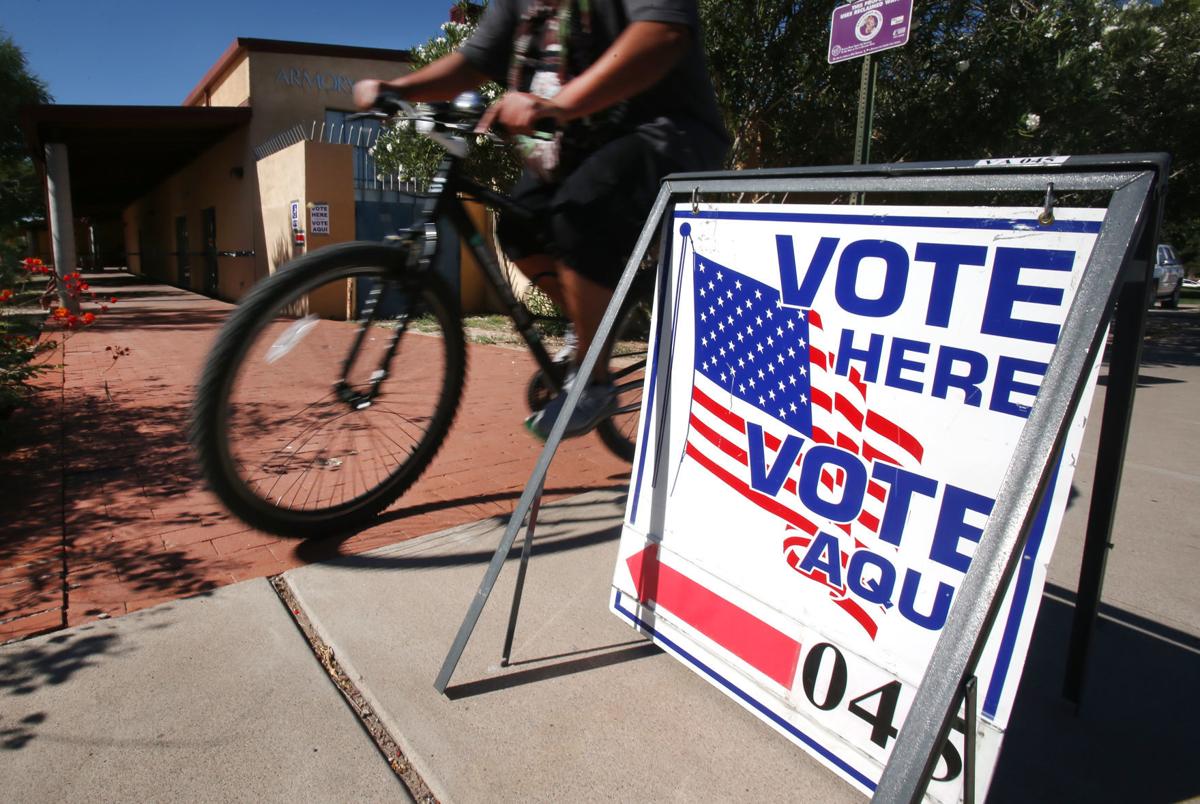PHOENIX — The American Civil Liberties Union wants a federal judge to order Secretary of State Michele Reagan to update the addresses of people who have moved so their votes will be counted in November.
The ACLU said the system Arizona uses now to update addresses violates federal law.
Attorney Ceridwen Cherry said Monday the National Voter Registration Act requires election officials to automatically update people’s addresses on voter registration rolls when they update their addresses for their driver’s licenses. Only if people opt out of that change, she said, will their voting address be kept the same.
But Cherry said the procedures Reagan has set up with the state Department of Transportation work just the opposite: People have to affirmatively ask to update their voter registration when they change their license addresses. That, she said, creates additional burdens and could result in about 550,000 Arizonans finding out that they may not be able to cast a ballot in the new precinct where they have moved.
State Elections Director Eric Spencer said his boss already is moving in that direction.
“The secretary is ready to give them what they want, but can’t do it with a gun to her head,” he said. Spencer said the system should be in place sometime this coming spring.
Cherry, however, said Reagan needs a prod from a federal judge.
“They’ve given us no guarantee about when that will actually take place,” she said. And then there’s the fact that, in the interim, perhaps 550,000 people could be denied the right to vote in November.
“There’s a big election coming up,” Cherry said. “So that’s not good enough.”
Central to the case is the “motor-voter” law that allows people to register to vote when they get a driver’s license or update their information.
Cherry said federal law spells out that if a motorist changes an address on a license, that is supposed to automatically update the address on voter registration records.
That ensures the person can vote when he or she goes to the polls near a new address. It also eliminates the problem that someone who has signed up for an early ballot will not get it, as these ballots are sent out in non-forwardable mail.
What happens now under the procedure Reagan has set up, Cherry said, is someone who changes an address with ADOT has to actively also put in for a change of address for voter registration, including providing some of that same information all over again.
“She has transformed what under the National Voter Registration Act should be an ‘opt-out’ process into an ‘opt-in’ process,” Cherry said.
The lawsuit was filed on behalf of the League of Women Voters, Promise Arizona, and Mi Familia Vote Education Fund, groups that actively seek to get people registered.
They want more than just a court order directing Reagan to change the procedure — and now. The lawsuit also asks for an order that if a voter turns up at a polling place at his or her new address, as registered with ADOT, that ballot be counted even if the person is still registered to vote at an old address.
And the ACLU wants Reagan to send out a notice to all 550,000 individuals who have changed their address with ADOT since the 2016 election informing them that their voter registration may be out of date. That notice also would tell them that they won’t get their early ballot even if they are on a list to have one sent out every election cycle.
Spencer said what ACLU is seeking would automatically change every person’s voting address to what is on a driver’s license. He said there are many reasons that people list different addresses on the two documents.
Cherry, however, said that’s not the case. She said all the ACLU wants is a notice to go out — and soon — to give people the chance to vote in November.
No date has been set for a court hearing.





